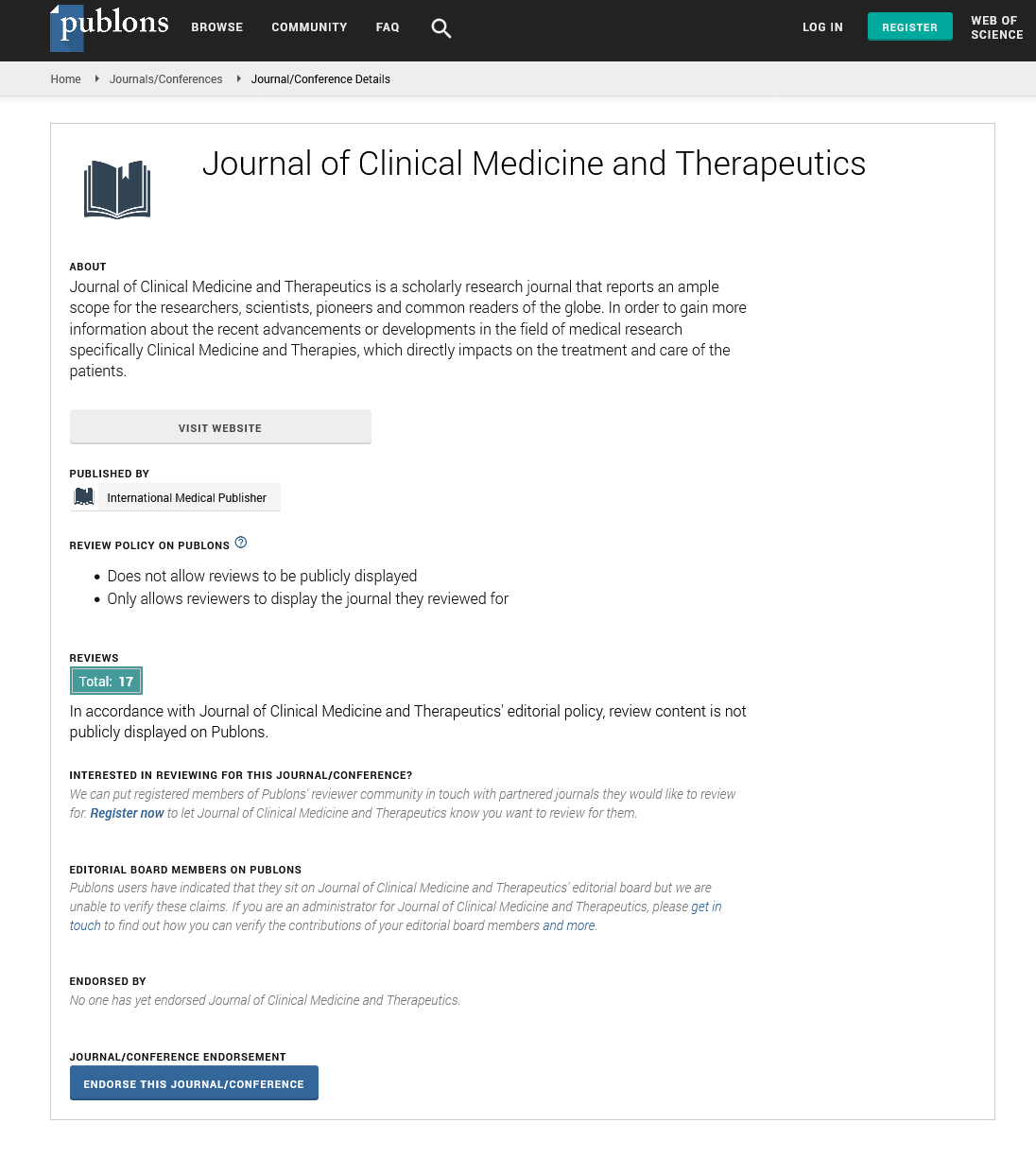Abstract
Severe, Refractory Thrombocytopenia in a Critically Ill Patient Caused by Vancomycin Induced Antibodies
The differential diagnosis for isolated thrombocytopenia in critically ill patients is broad and includes sepsis, disseminated intravascular coagulation and thrombotic thrombocytopenic purpura and medication effects. Vancomycin, a commonly used antibiotic for hospitalacquired infections, can cause severe, refractory thrombocytopenia due to antibody-mediated platelet destruction. This was first described in 2007 based on 12 case reports of vancomycin-associated thrombocytopenia. The study looked at 29 patients and demonstrated that the thrombocytopenia was immune mediated. We describe a unique case of severe vancomycin induced thrombocytopenia with a lower nadir and longer effect duration than previously described. Our patient is a 70- year-old man who presented with upper respiratory symptoms and was diagnosed with post-influenza pneumonia. Twelve days after completing a course of vancomycin and piperacillin/tazobactam, he developed another episode of sepsis and was resumed on antibiotics. After receiving a dose of vancomycin, the patient’s platelet count decreased from 197,000/μL to 1,000/μL. This case illustrates the importance of awareness of vancomycin induced thrombocytopenia. The platelet destruction is caused by a platelet-specific drugdependent antibody formation. Blood samples should be tested for the antibodies using immunofluorescence by flow cytometry; however, the results may be falsely negative if they were obtained after the patient has received platelet transfusions. This presents a diagnostic challenge and requires maintaining a high index of suspicion as treatment interventions include avoiding drug exposure.
Author(s): Van K. Holden
Abstract | Full-Text | PDF
Share This Article
Google Scholar citation report
Citations : 95
Journal of Clinical Medicine and Therapeutics received 95 citations as per Google Scholar report
Journal of Clinical Medicine and Therapeutics peer review process verified at publons
Abstracted/Indexed in
- Publons
- Secret Search Engine Labs
Open Access Journals
- Aquaculture & Veterinary Science
- Chemistry & Chemical Sciences
- Clinical Sciences
- Engineering
- General Science
- Genetics & Molecular Biology
- Health Care & Nursing
- Immunology & Microbiology
- Materials Science
- Mathematics & Physics
- Medical Sciences
- Neurology & Psychiatry
- Oncology & Cancer Science
- Pharmaceutical Sciences

